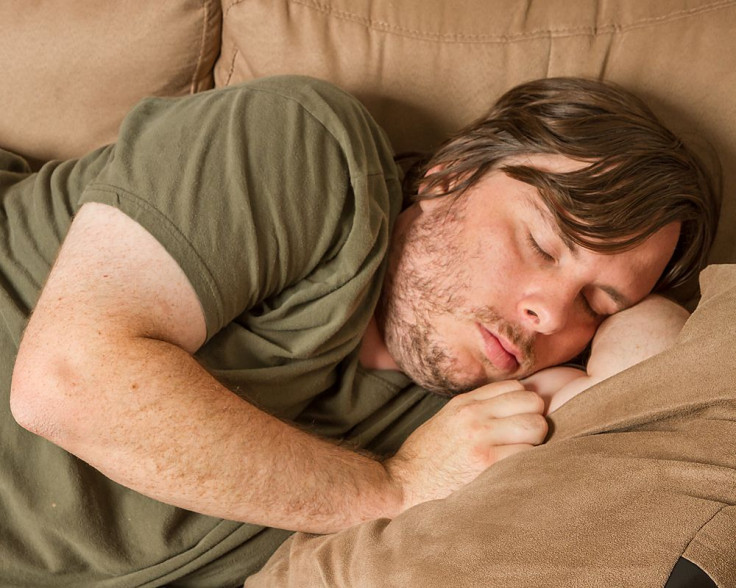Daytime Napping May Lead to An Early Death; But It's Most Likely A Sign Of Something More Serious

Many of us yearn for the chance to take a midday nap, especially after a rough night with no sleep. And while some countries may see daytime naps, or siestas, as a form of stress relief, being tired often and subsequently napping it off, may be a sign of an underlying health problem. At least, that’s what researchers from Cambridge University are saying, after they found that people who took more daytime naps were also more likely to die younger.
Napping can almost be described as a science. Getting the right amount of sleep during the day could mean the difference between being more tired once you wake up and being energetic. Most experts suggest getting just under 30 minutes of naptime, as it prevents your body from going into deeper stages of sleep. Yet, researchers found that those who napped for more than an hour each day were 32 percent more die early over the course of the 13-year study.
They discovered this after looking at data from the European Prospective Investigation Into Cancer (EPIC)-Norfolk prospective cohort study, a comprehensive health study on over 25,000 men and women in the UK, ages 40-79. Of these participants, 16,000 answered questions about their daytime napping habits, and were then categorized into those who took them for less than an hour and more than an hour, with those who took no naps being the control group.
Thirteen years later, participants who took naps lasting over an hour were found to have a greater risk of dying from various causes including heart disease, cancer, and respiratory illnesses — of which they found the link most pronounced. These results held even after accounting for age, sex, social class, educational level, employment status, body mass index, physical activity level, smoking, alcohol intake, depression, medication use, time spent in bed at night, and preexisting conditions.
They noted that the study didn’t prove causation, saying that although there was indeed a link, the cause was likely something not reported by the participants or seen through medical records. “Although a range of preexisting health conditions and medication use was considered in this study, we cannot rule out that our results may be partly explained by the effects of other undiagnosed health problems or medications not included in this study that might cause daytime fatigue or sleepiness,” they wrote.
So while you’re most likely safe if you’re taking daytime naps, consistently finding yourself tired during the day might be a sign of something more serious than just a bad night’s sleep, and you might want to get that checked out.
Source: Leng Y, Wainwright N, Khaw K, et al. Daytime Napping and the Risk of All-Cause and Cause-Specific Mortality: A 13-Year Follow-up of a British Population. American Journal of Epidemiology. 2014.



























